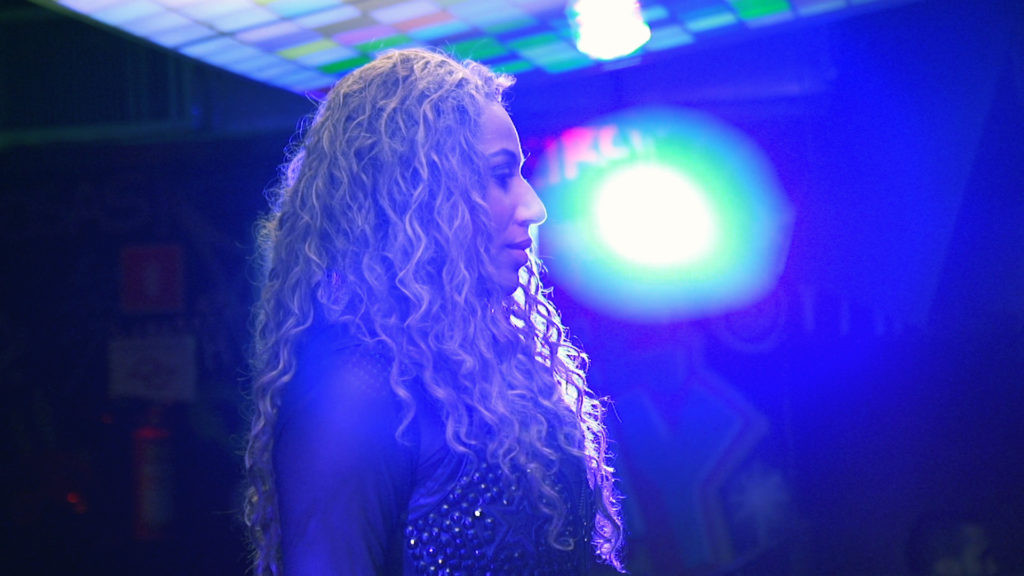
The Vancouver Queer Film Festival has been bringing the best of LGBTQ cinema from all around the world to Vancouver, for 28 successful years now. Each year the films get bolder, better and grow in number. The festival is a celebration of Queer identity in cinema and the perfect platform for bringing Vancouver’s diverse communities together. From August 11th to 21st, we will get to see Queer films and attend fabulous events at the city’s most prestigious venues including Queen Elizabeth Plaza, Emily Carr and Vancouver Playhouse. Abigail Spindel’s Waiting For B will be amongst the many exciting films being screened at the festival. The documentary follows a host of Beyoncé fans in Brazil as they camp outside the concert venue two months in advance. Spindel frames issue of gay and black identity against the glitzy backdrop of Beyoncé-mania. We chatted with the multi-talented, São Paulo-based, director to find out more about this twerkaliciously woke documentary.
Can you tell us about your experience making the film? What attracted you to the subject matter initially?
When my husband Paulo and I first got to the venue, we were completely taken by the people in line. They were so charismatic and open, not at all self-conscious in front of the camera. They had a lot of showman qualities and that’s why they were fans of the greatest showman on earth right now- Beyoncé!
Because they were so open, it was very easy to capture what was going on. I leaped on the subject. It is so positive. Beyoncé as a subject is all about celebration. The documentary is all about identity. In retrospect, we were pretty ignorant at the start. We didn’t realise that 90% of her die-hard fans were gay and that the female fans seemed to be attracted to her for the African empowerment she gave them.
As we took the film around the world we also noticed that Beyoncé attracts different demographics in different countries. In Copenhagen, for example, the film was seen by a mass of blonde females between 18 and 30. It makes you wonder what Beyoncé must experience when she travels around the world to these different audiences.
Do you think Beyoncé is conscious of the way she presents her music? Do you think she values minority groups more, such as women and queer communities?
Around the world, Beyoncé is an icon for different reasons to different people. One thing that she is constantly criticised for is not being in touch with her fans. But everything you can say about Beyoncé is just speculation. She doesn’t share things very much. I actually respect her for that. Even saying “I respect her for that” is such an empty phrase because I have no idea who she is. It is all projection. We made a short film a while ago about a classical pianist and he said everything is about projection. Two people can play exactly the same note but one person who is able to project is able to carry the emotion in their physicality further. Beyoncé is a genius at projection.
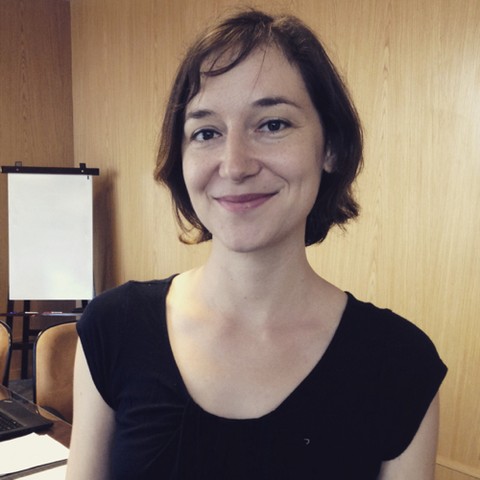
Were you able to capture Beyoncé’s support for Black Lives Matter in the film?
We gave the movie to the Beyoncé people two years before Black Lives Matter. For a variety of reasons, our film took a long time to come out even though we edited it really quickly. You have a little bit of an extra eye, that is above the regular public, when you’ve just made a movie about Beyoncé.
Formation and Black Lives Matter are American issues, but the same issues exist in a different form in Brazil. The black community here doesn’t have the kind of organisation, voice or presence that it does in the States. People here talk about identity politics a lot less. You have a vocal population but it is pretty small.
Since the film was made in 2013, there has been a huge cultural shift too with Temer coming as the interim president, and all this crazy stuff going down. Brazil is really revealing its face. The movie has become more relevant now as Brazilians question the Brazilian identity.
Would you say the same goes for queer rights and LGBTQ issues?
Brazil has wonderful gay icons all the way from the 60s. There is a big gay presence in Brazilian culture. The largest gay parade in the world happens in São Paulo. In São Paulo there is a lot of holding hands on the street. It’s hard to read because we live in this no man’s land of statistics. We don’t have good statistics to help gauge the extent of queer issues. Everything is just conjecture.
Tell us about the characters in the film. Did they change how you feel about fandom?
Totally. Our main cast of characters, Junior, Vitor, Gabriella- all of those people, had a dignity that I was lacking. Coming from New England, I wondered whether they were lowering themselves to another person. Putting yourself in worship to a person seems distasteful to the New England sensibility of individualism.
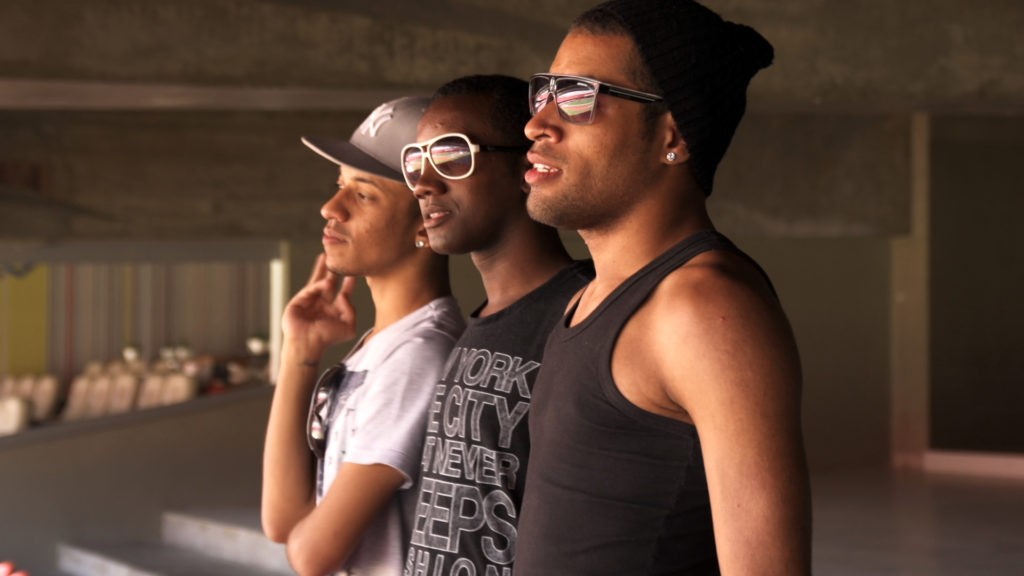
How did you structure the film?
We follow a whole bunch of fans. One of them is a Beyoncé impersonator. We follow her around as she gets her makeup done. We follow little adventures that the fans have. They try to get signatures of Les Twins. That becomes a mini saga. We follow all the characters up to the day of the concert. They go into the concert and the film ends there. But then there’s an epilogue after the concert where the fans talk about the experience. So don’t leave at the credits!
You’re an editor, producer, and writer. How were you involved in Waiting For B for the most part?
My husband, Paulo Cesar Toledo, and I produced and shot the entire film together. I edited it and did most of the shooting while Paulo did most of the audio. As far as directing, we really were co-directors on this. Sometimes the fans were more comfortable talking to Paulo and sometimes they were more comfortable talking to me.
Was it challenging to find an audience for a queer film?
Not at all. The gay rights movement has been so succesful since Stonewall and provides a lot of organised effort for queer arts today. There is a lot of celebration because of that. Our movie is a reflection of where the gay rights movement is today- which is celebration time!
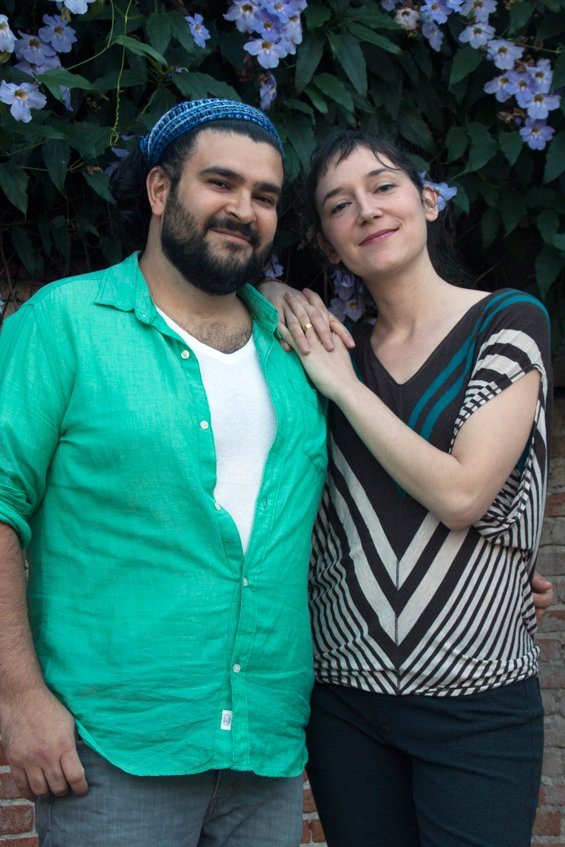
True, but if I wanted to watch a queer film, I wouldn’t be able to walk into a regular theatre and watch one.
Oh yes, absolutely. There is a reason movies are dying. I shouldn’t say this, people will be like what a bitch! But who wants to go the cinema anymore? I’m at home watching a 3-hour Swedish movie. It’s wonderful but scary because we never have to leave our living rooms. I mean how many personalities do we see in films, like 5? And especially for women who look a certain way, they’re supposed to act a certain way in films. Cinema is very limiting.
Who inspires you? What gets you worked up to make something?
I love music. It is the purest form of expression that reaches the most amount of people. I really like Scandinavian, German and Austrian filmmakers. They write films like they are writing. They take very unique creative paths. There is a filmmaker called Ulrich Segal. He makes such cool fucking films and with not very much money. It’s so refreshing and not at all cocky. There is so much vanity in filmmaking. Sometimes it’s just a blast of ego in your face and that’s just ugh. I like Korean cinema, as well.
I definitely follow that be brave kind of cinema. I edit my own stuff so I can shoot-to-edit in my head a lot. That cuts corners and cuts out the middleman. I’m striving for independence in filmmaking. I figure that I’m not the type to win awards or win grant money.
Is it because you want to be more technical and behind the scenes?
There is this division between people who are able to raise money and the people who actually make the film. I’m shit at raising money. Going to meetings and giving presentations. So what can I do? I just make my films as cheap as possible so I don’t have to deal with that. Waiting For B is a testimony to that. It’s like “Hey, look I’m gonna make this film with zero money!” I was reading this interview with a director whom I adore, he was like “when I got out of college I travelled with my buddies in a van and we had no money except that we had support from Red Bull”. And I was like are you fucking kidding me!
Did you then pay for this film out of your own pocket?
Uh huh! There was no budget. It was our camera, us going to the scene and sitting around.
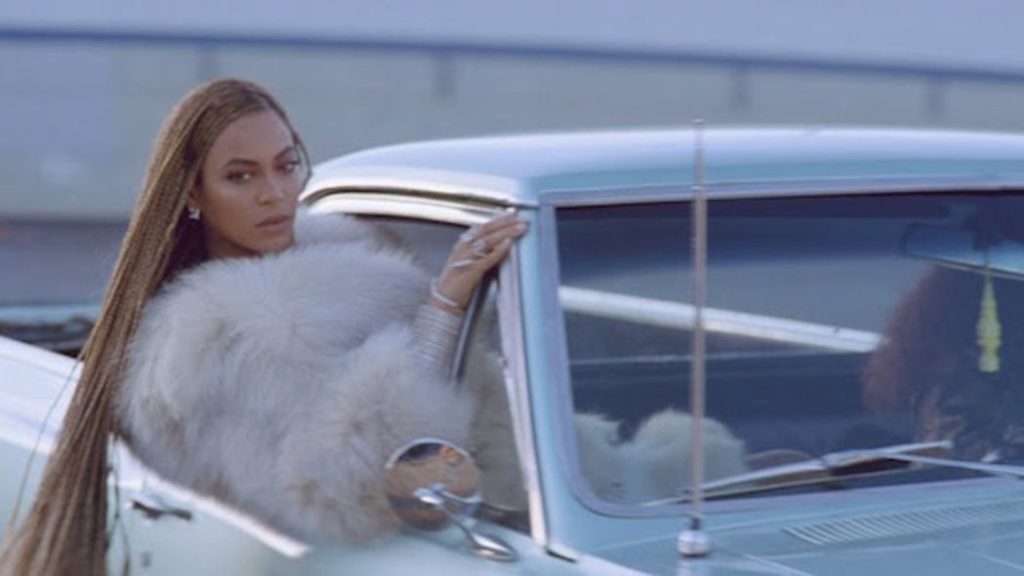
Do you think that made your storytelling more authentic? People were more ready to talk to you?
If you’re going to do observational film the more humble your perspective is the more your film will reflect it. Our film isn’t slick. It’s like using your weaknesses as your strengths.
What would you like the audience to walk out of your film with?
I want them to be like “Oh I didn’t know a documentary could be fun! And funny!” Usually documentaries are depressing or educational.
What is your next project about?
It’s about a politician here in Brazil. It’s gonna be awesome!
To book your VQFF tickets visit www.queerfilmfestival.ca .
-Prachi Kamble
